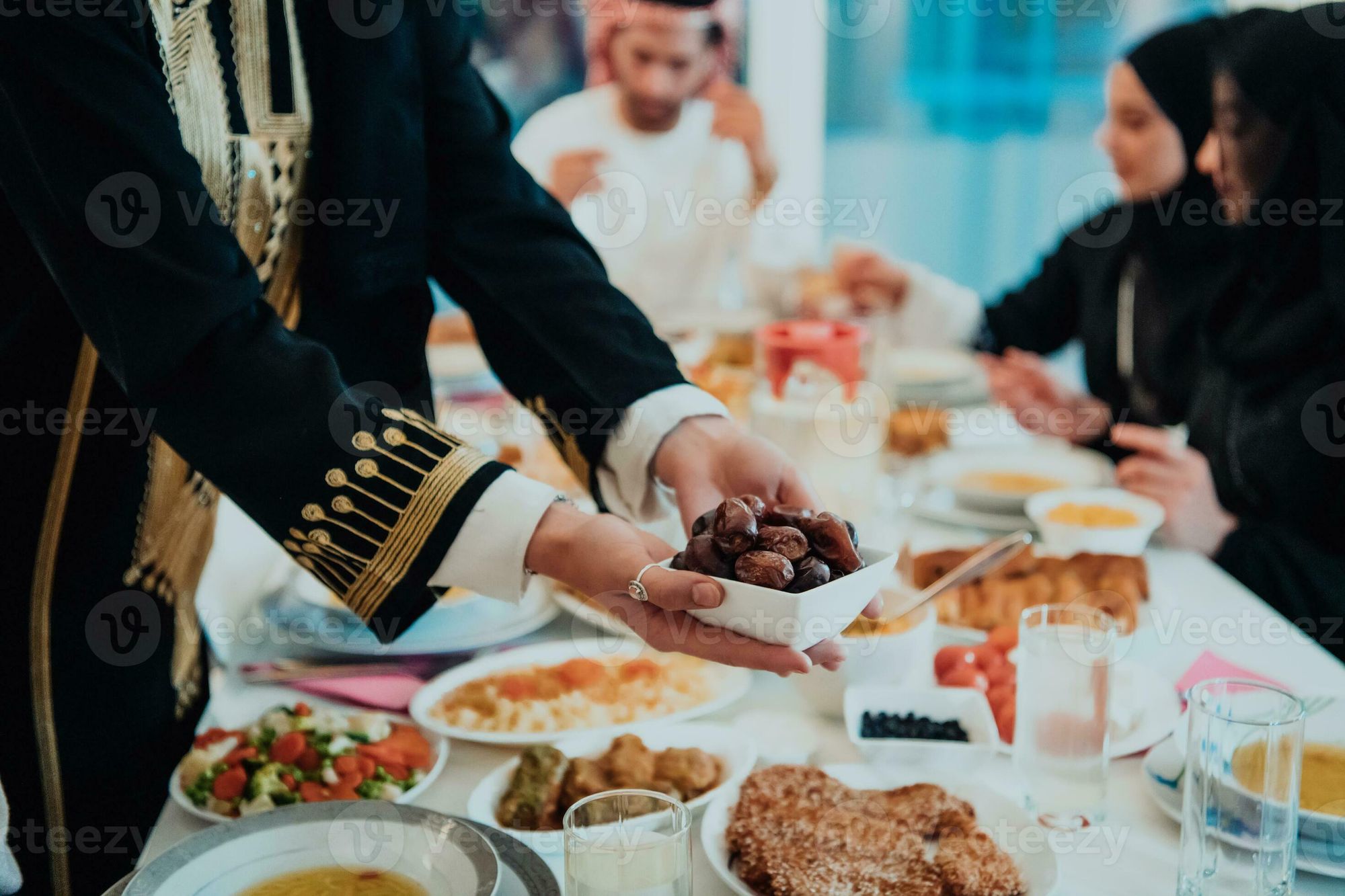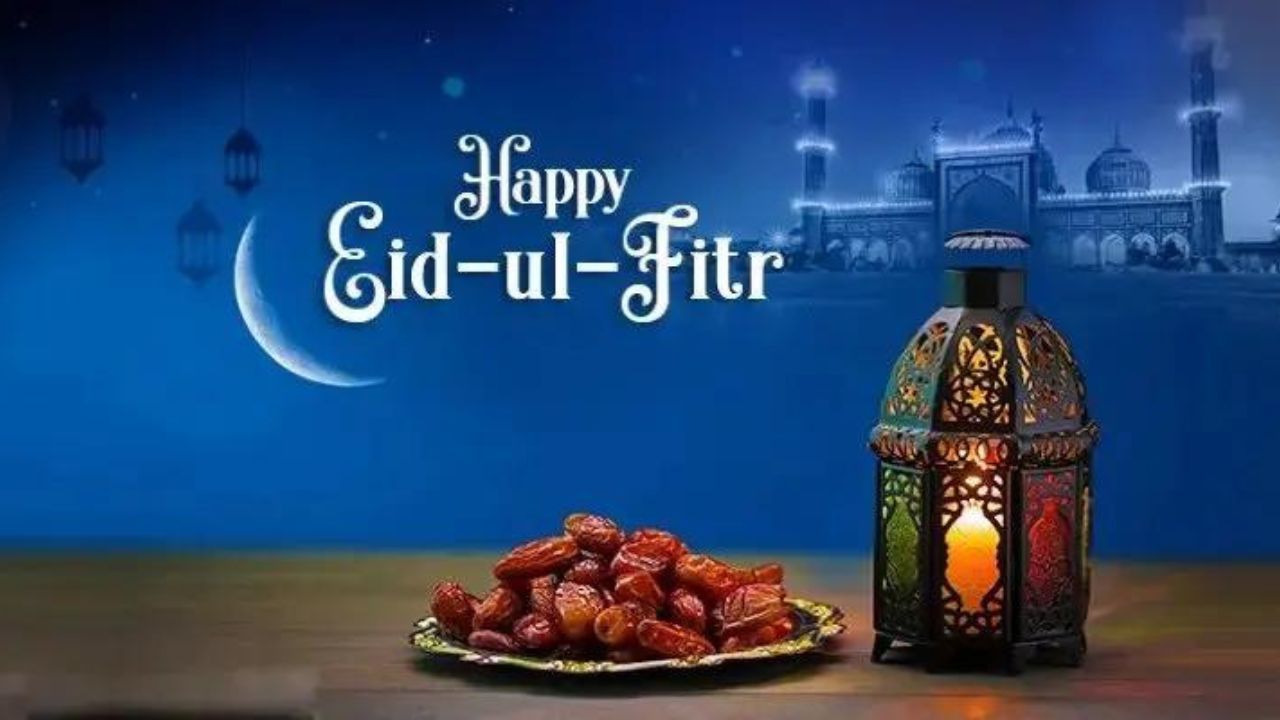Definition:
- Ramadan and Eid al fitra are two significant muslim festivals observances celebrated by Muslims worldwide. Ramadan, the ninth month of the Islamic lunar calendar, is a period of fasting, prayer, reflection, and community for Muslims. Eid, on the other hand, marks the end of Ramadan and is a joyous occasion of feasting, gratitude, and unity among the Muslim community.
Meaning:
- Ramadan holds deep spiritual significance for Muslims. It commemorates the month when the Quran, the holy book of Islam, was first revealed to the Prophet Muhammad. Fasting during Ramadan is considered one of the Five Pillars of Islam, obligatory for adult Muslims (with certain exceptions) as a means of purifying the soul, practicing self-discipline, and empathizing with the less fortunate.
- Eid, specifically Eid al Fitr, signifies the end of Ramadan and the breaking of the month-long fast. It is a time for Muslims to express gratitude to Allah for the strength and patience to observe the fast, as well as an opportunity for acts of charity and community bonding.
How is Eid celebrated?
- Eid 2024 is celebrated with joyous festivities that bring together family, friends, and the wider Muslim community. The day typically begins with a special prayer, known as Salat al-Eid, held in mosques or large open spaces. After the prayer, Muslims greet each other with "Eid Mubarak," meaning "Blessed Eid," and exchange hugs and well-wishes. Families gather for elaborate feasts, featuring traditional dishes like biryani, kebabs, and sweets such as baklava and kheer. Homes are decorated, and children often receive gifts and money, known as "Eidi," from elders. Acts of charity and generosity are also prevalent during Eid, with people giving to those in need. Overall, Eid is a time of celebration, gratitude, and unity within the Muslim community.
Celebration:
- Ramadan begins with the sighting of the new moon, and Muslims fast from dawn until sunset each day throughout the month. The pre-dawn meal, called Suhoor, provides sustenance before the fast begins, while the fast is broken each evening with the Iftar meal, often starting with dates and water, followed by a variety of dishes.

- Beyond fasting, Ramadan is a time for increased prayer and spiritual reflection. Many Muslims also engage in acts of charity, known as Zakat, during this month, providing support to those in need.
- As Ramadan draws to a close, the excitement builds for Eid al Fitr, often referred to simply as Eid. This day begins with a special prayer service held in mosques and open spaces, attended by Muslims dressed in their finest attire. Following the prayer, Muslims gather with family and friends to enjoy elaborate feasts and exchange gifts.
- Eid al fitra is not only a celebration of the end of fasting but also a time to strengthen bonds with loved ones and the wider community. It is marked by acts of generosity and hospitality, with people opening their homes to guests and sharing food with neighbors and those less fortunate.
What food is eaten for Eid al Fitra?
- Eid al Fitra, the festival marking the end of Ramadan, is celebrated with a variety of delicious and festive foods enjoyed by Muslims around the world. Traditional dishes vary based on cultural and regional preferences, but there are several common favorites.
- One popular dish is biryani, a flavorful rice dish cooked with spices, meat (such as chicken, beef, or lamb), and vegetables. Kebabs, both meat and vegetable varieties, are also commonly served, grilled to perfection and seasoned with aromatic spices.
- Sweets play a significant role in Eid al Fitra celebrations. Dates, often eaten to break the fast during Ramadan, continue to be enjoyed, along with a variety of desserts such as baklava, a sweet pastry made of layers of filo dough filled with nuts and sweetened with syrup or honey. Other popular desserts include kheer, a creamy rice pudding flavored with cardamom and topped with nuts, and sheer khurma, a vermicelli pudding cooked in milk and sweetened with sugar, often garnished with dried fruits.
- In addition to these dishes, families often prepare a wide array of homemade treats and delicacies, showcasing their culinary skills and adding to the joyous atmosphere of Eid celebrations.
Facts:
- Ramadan is the ninth month of the Islamic lunar calendar and lasts for 29 or 30 days, depending on the sighting of the moon.
- Fasting during Ramadan involves abstaining from food, drink, smoking, and marital relations from dawn until sunset.
- Eid ul Fitr, the muslim festivals marking the end of Ramadan, is celebrated on the first day of Shawwal, the month following Ramadan.
- Eid ul Fitr begins with a special prayer known as Salat al-Eid, followed by festive meals and social gatherings.
- The Eid 2024 celebrations vary from region to region, with different cultural traditions and culinary delights adding to the festive atmosphere.
Conclusion:
- Ramadan and Eid 2024 are integral parts of the Islamic calendar, representing periods of spiritual growth, self-discipline, and communal celebration. Through fasting, prayer, and acts of charity during Ramadan, Muslims deepen their connection with Allah and their fellow human beings. Eid provides a joyous culmination to Ramadan, offering an opportunity for Muslims to come together in gratitude, unity, and festive feasting. These traditions not only strengthen the bonds within the Muslim community but also foster understanding and respect among people of different faiths and cultures.
FAQs:
When is Eid in 2024?
- The Eid Celebration is on 11 April.
What is Eid al Fitr feast of Ramadan?
- Eid al Fitr is the celebratory feast marking the end of Ramadan, where Muslims gather with family and friends to enjoy elaborate meals featuring traditional dishes such as biryani, kebabs, and an array of sweets like baklava and kheer.
Is Ramadan a festive period?
- While Ramadan is a spiritually significant period of fasting, prayer, and reflection, its culmination in Eid al Fitr brings a festive atmosphere of celebration and joy.
What is the feast during Ramadan?
- The feast during Ramadan is known as Iftar, which is the meal eaten by Muslims after sunset to break their day-long fast, often starting with dates and water followed by a variety of dishes.
Which is the festival of Eid?
- The festival of Eid is known as Eid al Fitr, which marks the end of Ramadan and is celebrated with prayers, feasting, and social gatherings among Muslims worldwide.
Why is Ramadan and Eid celebrated?
- Ramadan is celebrated as a month of fasting, prayer, and reflection to commemorate the first revelation of the Quran to Prophet Muhammad, while Eid marks the end of Ramadan and is celebrated as a time of gratitude, unity, and feasting among Muslims.
What is eaten at Eid?
- At Eid, traditional dishes such as biryani, kebabs, and sweets like baklava and kheer are commonly enjoyed.
What is dinner called in Ramadan?
- The dinner during Ramadan is called Iftar, which is the meal eaten by Muslims after sunset to break their day-long fast.
What is the full name of Eid?
- The full name of Eid is "Eid al Fitr."
We hope that you like this content and for more such content Please follow us on our social site and YouTube and subscribe to our website.
Manage your business cash flows and payable/receivables using our Bahi Khata App
